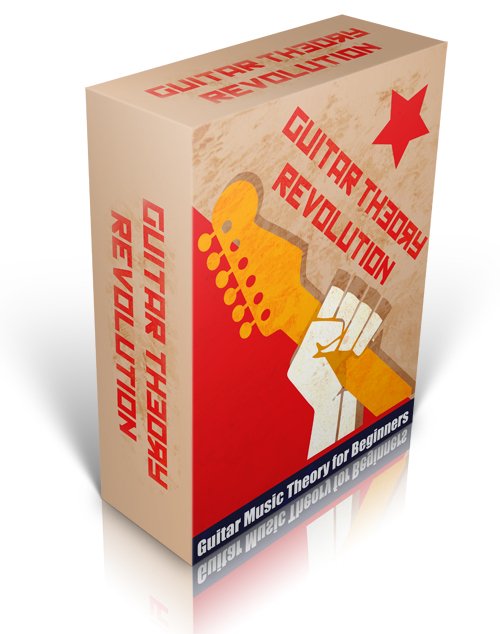THE MUSIC SHOP
This is where I make recommendations on the basic kit that any beginner classical guitar player will need. There’s some basics that one just can’t do without if you’re learning to play classical guitar:
• The first essential is a decent and recommended beginner guitar. I don’t know how often I’ve seen people disappointed and discouraged because they can't get a decent sound out of a guitar that simply will never deliver anything below sub-par. Either because its made from plywood and will never resonate the way you need, or because it isn’t setup properly, or because it’s impossible to get the intonation right because the neck is warped or poorly designed. I make some recommendations as to excellent, bang for buck recommended beginner guitars that I am confident will deliver everytime on the quality that you need and with a good setup will enable this with far greater ease than is possible with any of the low end guitars out there. These don't necessarily cost much more than the lower end guitars, but they deliver significantly more. If you're a beginner and you don't have a good entry level guitar, I strongly suggest that you consider changing this. If you are parent, please set your child up to succeed by getting them a decent and playable instrument.
• We talk in the shop about the recommended guitar books that would be most useful to have in your library and why. The market is flooded with books and half of them will sit on your shelf and make very little contribution to your playing, but there are some that are basics for your library and which you need to work towards getting either because they will take your theoretical understanding forward, or because they contain some great repertoire for beginners and intermediary players or because they have some excellent technique exercises. Some, such as Frederick Noad’s Solo Guitar Playing – Book 1 and if you’re an intermediate to advanced player, Frederick Noad’s Solo Guitar Playing – Book 2 are all rounders and address repertoire and technique together.
• The top five metronomes and the discussions as to why can be found here.
• There is nothing worse than an instrument out of tune and the guitar suffers greatly from this. A good tuner will help you out and will ensure quick easy and spot on tuning. Here I discuss the different types of guitar tuners and the reasons why you would have each of these different types. I recommend the top three guitar tuners that are just in their own league and that will take you through years and years of confident in-tune playing.
• There are many choices for guitar strings available. You can pay anything from around $4 to around $24 for a pair of strings (and even for a single string). I’m going to talk through the pros and cons of different acoustic strings bearing in mind that more expensive is not necessarily better enough to justify the expense for a beginner or intermediate player. For example, while I love the smoothness of Savarez Strings 540J high tensions myself, the E string has a tendency to snap which is very irritating, especially for a high end (and pretty expensive) set of strings. I still use them though, because I like the smoothness and the roundness of the sound – but that’s a calculated trade off that I’ve made. Then there are those strings, like D'Addario Phosphor Bronze Acoustic
that have been ripped off so much that you’ve got to be careful of your supplier. And then of course there are those that should just be avoided. The Chinese made Alice A106 Hard Tension are one of these. I talk more about all of this here.
• Props to help your seated position such as footstools and lap guitar rests are essential for preserving your back and neck comfort. I discuss the importance of your sitting position and the supports available to assist you here. You can shop for classical guitar supports here.
I’m getting a lot of messages from people coming here because they want to learn to play guitar as part of worship. If this is you, you might want to join Aaron Anastasi’s programme. Aaron is a musician and a worship leader. He put together a step by step programme for aspiring Christian musicians. If you're interested, you can use the exercises and advice in learn-classical-guitar-today to develop your finger strength and dexterity and Aaron's lessons to work on strumming and worship music.
CLICK HERE TO LEARN WORSHIP GUITAR !!

You'll need to go a little deeper into music theory as you proceed. The best online resource for this is Guitar Theory Revolution. It recognises that music theory is very hard for guitarists because music theory has till now been located in the piano paradigm. The Guitar Theory Revolution overthrows the piano paradigm that is holding you back and embraces the attributes of the guitar to unpack music theory. In fact, it goes further and allows you to see that the guitar is one of the best instruments for learning theory.





